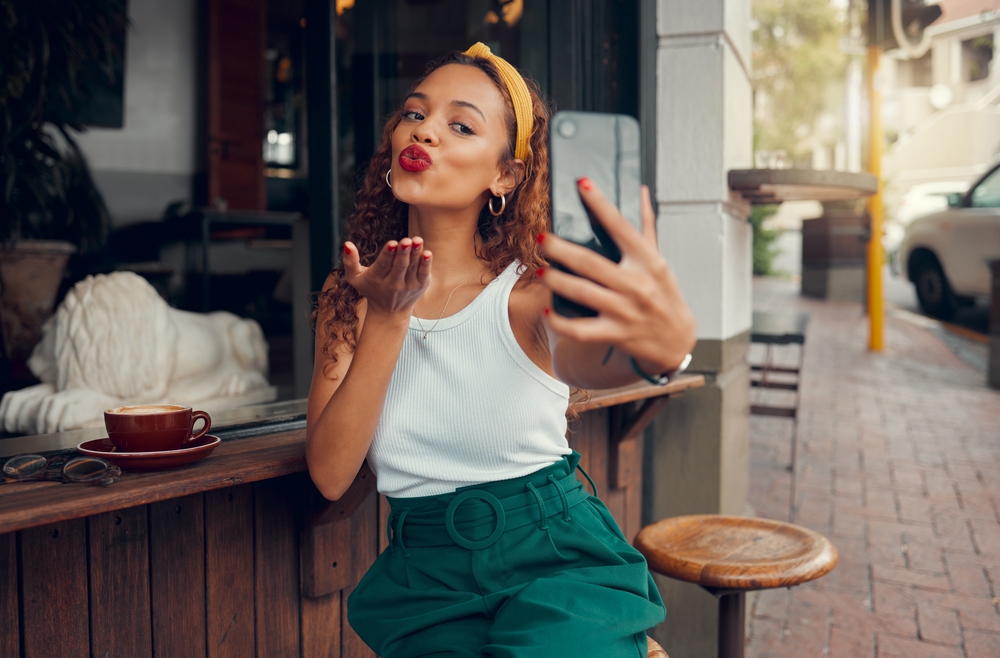
For Gen Z, social media is not just entertainment—it’s a marketplace. But in the race to monetize platforms like Instagram, TikTok, and YouTube, scams have evolved just as fast as the influencers themselves. Fake collaborations, misleading sponsorships, and deceptive “brand manager” DMs are everywhere. These scams prey on ambition, and even savvy creators can fall for them. Here are seven digital influencer traps Gen Z must recognize before they lose money—or their reputation.
1. Fake Brand Collaboration Offers
Scammers posing as legitimate companies contact creators offering “paid partnerships” or free products. These fake collaborations often require the influencer to pay shipping or upfront “verification fees.” The fraudsters disappear after payment, leaving victims out of cash and credibility. Always verify the sender’s domain (not just their logo) and confirm partnerships directly through a brand’s official website or PR page before agreeing to anything.
2. “Brand Ambassador” Pyramid Schemes
Some companies recruit influencers as “ambassadors” who must buy starter kits or sell products to earn commissions. The Better Business Bureau (BBB) lists these as common multi-level marketing (MLM) traps disguised as influencer programs. The structure rewards recruitment, not sales—and the majority of participants lose money. Real influencer work pays you, not the other way around. If you have to buy in, it’s a red flag, not a partnership.
3. Fake Verification or Blue Check Scams
With social media verification now tied to influence and credibility, scammers have turned it into a business. Fake “verification agents” often promise to fast-track the blue check process for a fee—then steal personal data or logins. Platforms like Instagram and X (formerly Twitter) only offer verification through in-app processes. Never share credentials or send payment to anyone promising shortcuts.
4. “Collab” Links That Steal Data
Clicking a link in a fake PR email can give scammers full access to your account. The Federal Bureau of Investigation (FBI) has issued warnings about phishing campaigns targeting digital creators. These emails mimic real brands with lookalike domains and press-style language. Once you click, malware can capture passwords and banking details. Always hover over links before clicking and enable two-factor authentication across all platforms.
5. Fake Giveaway or Prize Announcements
Many Gen Z influencers fall for “congratulations” messages claiming they’ve won a brand contest or feature. Scammers use these schemes to gather banking info or demand payment to “claim your prize.” Real giveaways never require fees or personal account details. When in doubt, contact the official brand directly via their verified profile—not through a DM.
6. AI Deepfake Endorsements
Scammers are now using AI-generated influencer lookalikes to promote fake products or cryptocurrency investments. AI voice and video cloning has made these scams nearly undetectable. If you see a creator endorsing something unusual or off-brand, double-check their official channel. Influencers should also watermark original content and post disclaimers to prevent their likeness from being misused.
7. Fake Influencer Management Firms
Some scammers pose as talent agencies offering to manage your deals—then charge monthly fees or steal earnings. Research management companies before signing contracts. Look for verifiable websites, client rosters, and real business registrations. If they contact you from a Gmail or Telegram account, it’s likely a scam. A real manager doesn’t find you through a cold DM; they find you through referrals or established networks.
Staying Smart Is the New Influencer Skill
Influence has value, which means it attracts exploitation. The most successful Gen Z creators treat content like a business: they vet offers, verify sources, and protect their digital assets. In today’s online economy, awareness is your strongest brand protection.
Have you ever been approached with a “too good to be true” influencer offer? Share your experience in the comments to help other creators stay alert.
You May Also Like…
- Scammer Alert: If Someone Calls You Using Any of These 12 Phrases You’re About To Be Scammed
- 7 Side-Hustle Filters That Flag Scams Before You Click
- Why Some People Are More Susceptible Than Others When It Come to Scams
- The 5 Biggest Scams on TikTok Right Now
- The Shocking Truth About Quackery: How Scammers Use Fake Practices for Financial Gain!







